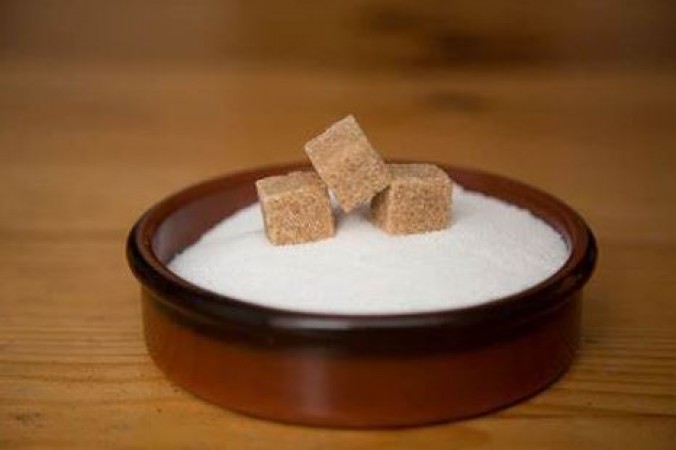
Sugar Kills People: Recognizing Symptoms and Breaking the Addiction- Sugar, the alluring sweetness that adds pleasure to our taste buds, has been increasingly recognized as a silent killer in our diets. From the morning cups of coffee or tea to the sweet treats we indulge in, sugar permeates our lives more than we might realize. But have we considered the grave repercussions excessive sugar consumption can have on our health?
The axiom "too much of a good thing is bad" rings particularly true when it comes to sugar. The addictive nature of sugar often goes unnoticed until it starts to wreak havoc on our bodies. The first step in addressing this issue is understanding whether you might be addicted to sugar.
Here are some signs that could indicate a sugar addiction:
Intense Cravings: Constantly yearning for sugary snacks or desserts could signal an addiction. Cravings that feel uncontrollable or persistent may be a red flag.
Mood Swings: Sugar spikes and crashes can lead to mood swings. Feeling irritable, anxious, or fatigued after consuming sugar may suggest a dependency.
Weight Gain: Excessive sugar intake is closely linked to weight gain. If you find it challenging to control your weight despite efforts, sugar could be a significant contributor.
Skin Issues: Acne, rashes, or skin inflammation might be exacerbated by a high sugar intake. Sugar can cause inflammation in the body, affecting skin health.
Constant Fatigue: While sugar provides a temporary energy boost, it often leads to a subsequent crash, leaving you feeling drained and lethargic.
Poor Dental Health: Frequent cavities, tooth decay, or gum issues could be indicative of excessive sugar consumption. Bacteria thrive on sugar, leading to oral health problems.
Recognizing these signs is pivotal, as unchecked sugar intake can lead to severe health complications. Excessive sugar consumption has been linked to obesity, type 2 diabetes, heart disease, and increased cancer risk. Moreover, it can negatively impact mental health, contributing to anxiety and depression.
Breaking free from a sugar addiction requires commitment and dedication to adopting healthier habits. Here's how to start:
Read Labels: Be vigilant about reading food labels. Sugar hides under various names like sucrose, high-fructose corn syrup, dextrose, etc. Limit products with added sugars.
Choose Whole Foods: Opt for whole foods over processed ones. Fresh fruits, vegetables, and whole grains provide natural sugars along with essential nutrients.
Gradual Reduction: Gradually reduce your sugar intake rather than quitting abruptly. This can help manage cravings and withdrawal symptoms.
Stay Hydrated: Drinking plenty of water can help curb sugar cravings. Sometimes, thirst is mistaken for hunger or sugar cravings.
Seek Support: Joining support groups or seeking guidance from a healthcare professional or nutritionist can be immensely beneficial in overcoming sugar addiction.
Remember, moderation is key. You don't have to eliminate sugar entirely, but being mindful of your consumption can significantly improve your health and well-being.
At this point, acknowledging the detrimental effects of excessive sugar consumption is crucial in safeguarding our health. Recognizing the signs of sugar addiction and taking proactive steps to reduce intake can pave the way for a healthier lifestyle, ensuring that sugar doesn’t claim lives silently. It’s time to break free from the sweet trap and prioritize our long-term well-being over momentary indulgence.